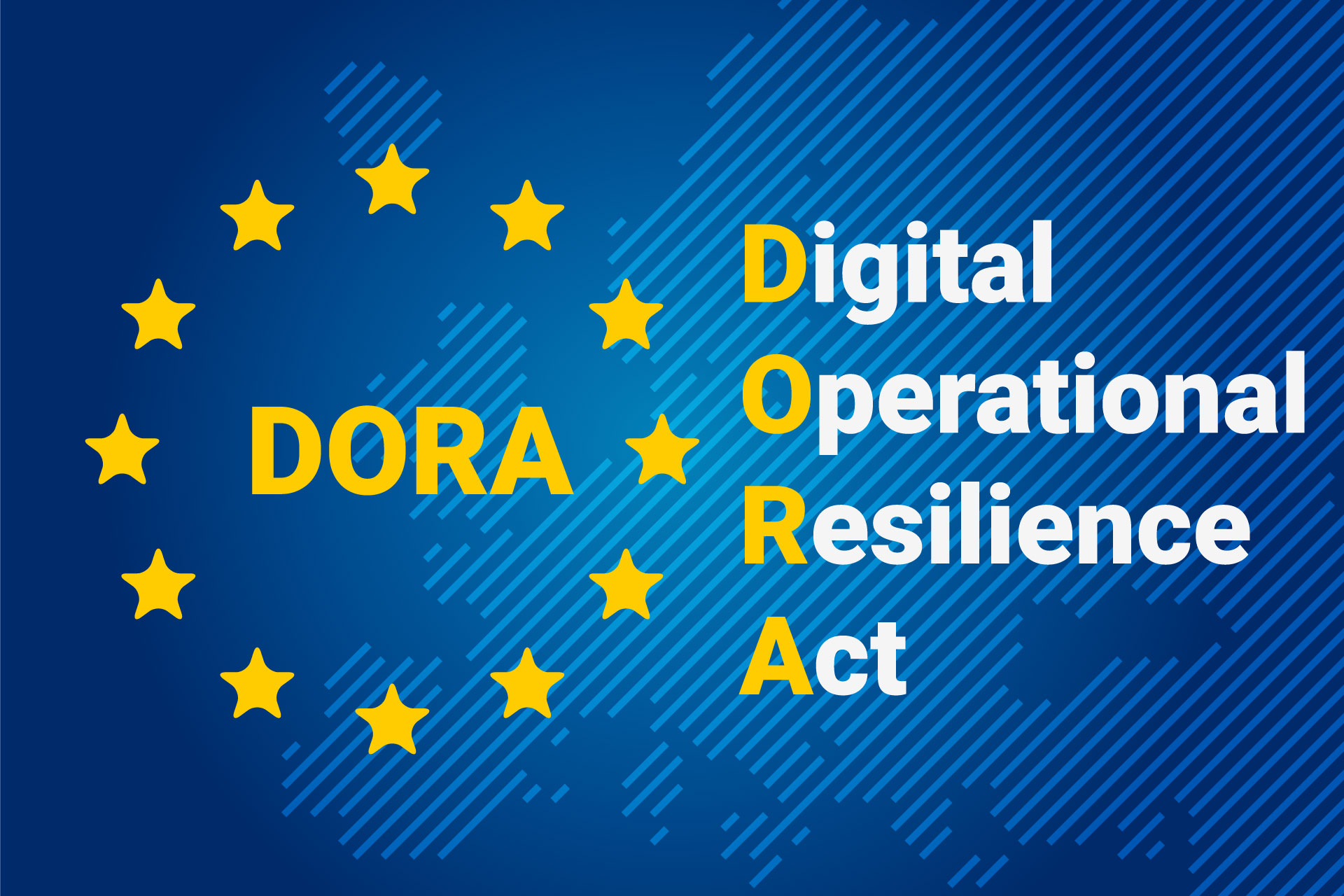In an era where digital operations are at the heart of financial services, ensuring operational resilience is more critical than ever. The Digital Operational Resilience Act (DORA) represents the European Union’s robust approach to strengthening the cybersecurity and resilience of its financial sector. This comprehensive framework aims to consolidate and upgrade digital operational resilience requirements across EU financial entities.
In this blog post, we will explore what DORA entails and provide practical guidance on how organizations can ensure compliance.
Understanding DORA
DORA aims to address the increasing digital risks facing financial systems by requiring all participants to manage and mitigate those risks effectively. As financial services grow more dependent on technology—from cloud services to artificial intelligence—the need for a unified regulatory approach has become apparent. DORA not only standardizes requirements across the EU but also introduces stringent controls for third-party providers, including cloud services, which are integral to financial operations.
Key Requirements of DORA:
- ICT Risk Management: Entities must identify, classify, and mitigate ICT (Information and Communication Technology) risks. This includes establishing thorough risk assessment protocols and response strategies.
- Incident Reporting: DORA mandates a consistent framework for reporting major ICT-related incidents. This ensures that national and EU authorities are kept informed of potential threats and can react appropriately.
- Digital Operational Resilience Testing: Regular testing for resilience against cyber threats is required. This should include a variety of tests such as vulnerability assessments, penetration testing, and scenario-based testing.
- Third-Party Risk Management: Given the reliance on third-party service providers, DORA requires stringent oversight and risk management strategies for these relationships.
- Information Sharing: Encourages entities to share information related to cyber threats and vulnerabilities to help enhance the sector’s overall cyber resilience.
How to Ensure Compliance with DORA
- Conduct Comprehensive ICT Risk Assessments: Begin by assessing your current ICT infrastructure to identify vulnerabilities and risks. Understanding where you stand is crucial in addressing compliance requirements effectively.
- Develop and Implement Risk Management Policies: Based on the assessment, develop robust risk management policies that align with DORA’s standards. Ensure these policies are implemented consistently across the organization.
- Establish a Structured Incident Reporting Protocol: Set up a clear, actionable protocol for incident reporting. Train relevant teams on the procedures to ensure quick and efficient reporting to the appropriate authorities.
- Engage in Regular Resilience Testing: Schedule regular testing of your digital operations. This should not be a one-time activity but an ongoing process to continually assess and improve your systems’ resilience.
- Manage Third-Party Risks: Conduct due diligence on all third-party service providers. Establish strong contracts and continuous monitoring practices to manage and mitigate risks associated with third-party engagements.
- Foster a Culture of Cybersecurity Awareness: Promote cybersecurity awareness throughout the organization. Regular training and updates can help cultivate a culture prepared to respond to cyber threats effectively.
Staying compliant with DORA is not just about meeting regulatory requirements; it’s about strengthening the foundations of your digital operations to safeguard against evolving cyber threats. By understanding and implementing the necessary measures, financial entities can not only comply with DORA but also enhance their overall operational resilience.
For entities within the EU financial sector, now is the time to embrace these changes and set the stage for a safer digital future.
Is your organization ready to meet DORA’s requirements? Contact us at Landmark IT for a comprehensive assessment and tailored solutions to ensure your digital operations are resilient and compliant.










